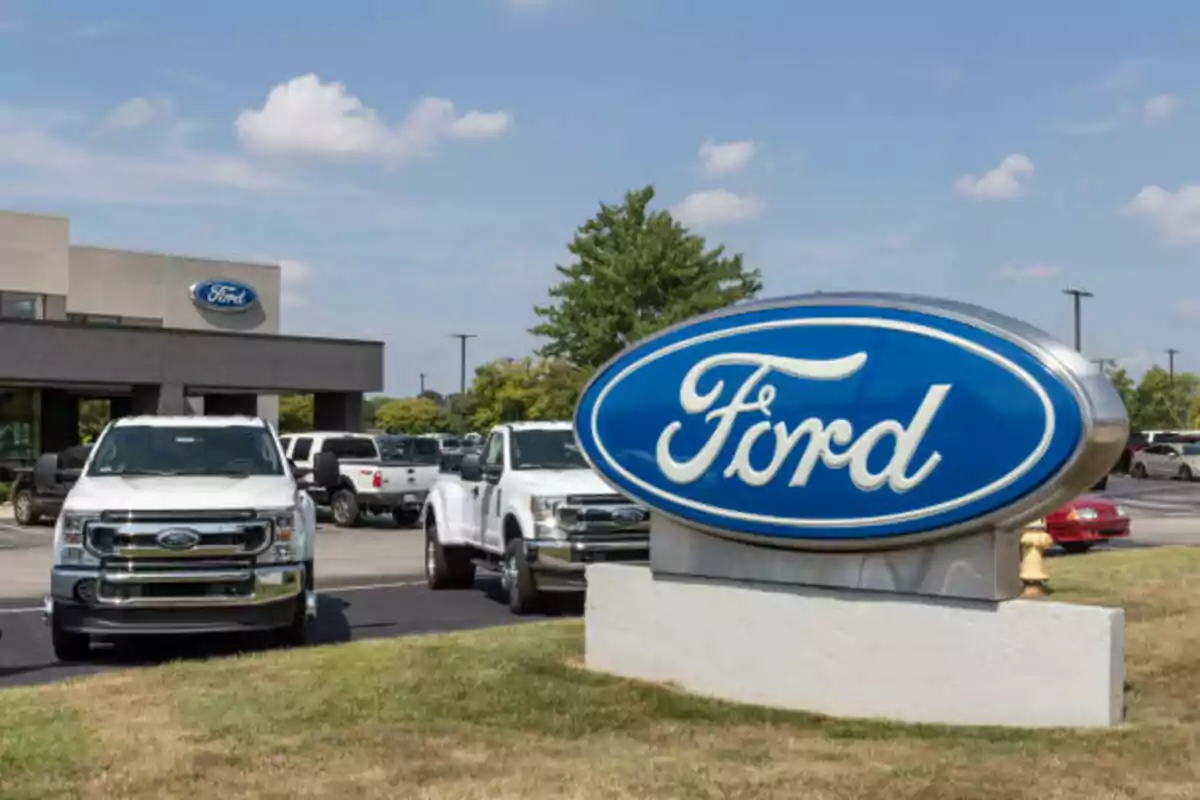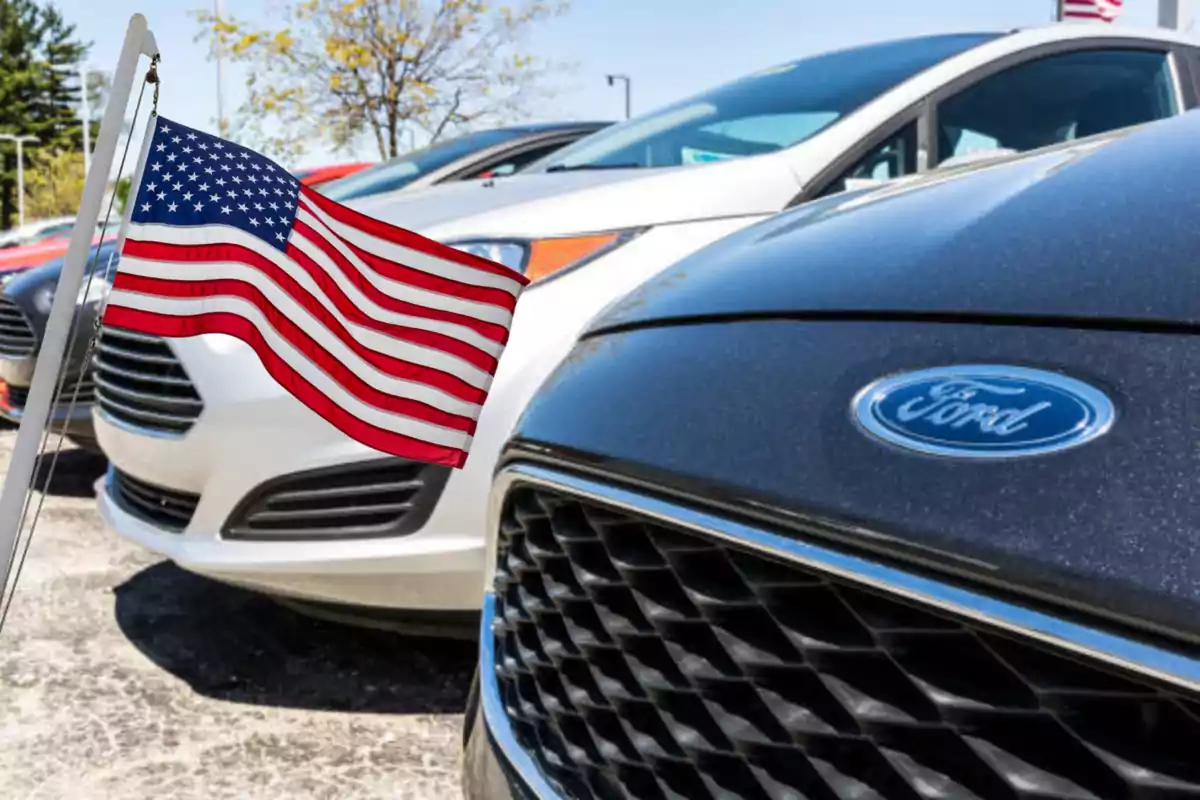Ford has raised the alarm; the historic American automaker has announced the temporary closure of several plants in the country. This decision, unexpected for many, not only affects the company but also poses a serious challenge to the entire national automotive industry. The reason? A perfect storm of problems that have accumulated in recent years.
A decision that shakes the country
The announcement was made by Jim Farley, Ford's chief executive officer. According to him, it wasn't an easy decision, but it was necessary. The plants that will be temporarily closed are an essential part of the company's production chain.
Farley explained that production was being managed "day by day," which was already unsustainable. The shortage of key materials forced the machinery to stop. The affected plants are mainly located in the Midwest, a region that heavily depends on these industrial jobs.

The problem with the supply chain
The root of the problem lies in the dependence on imported materials, especially rare minerals from China. These resources are essential for manufacturing electronic components, brakes, windshield wipers, and other vital systems for modern vehicles.
However, trade tensions between China and the United States, which began during Donald Trump's administration, have worsened the situation. With tariffs of 125% and new proposed tariffs of 10%, importing these minerals has become extremely expensive.
Farley was direct: "If there are no minerals, there is no production." That is happening now.
Is there light at the end of the tunnel?
Despite the bleak outlook, there are signs of possible recovery. Recently, a door to dialogue has opened between the two powers. There has even been talk of a trade agreement that could ease current restrictions.

Ford is already in talks with China's Ministry of Commerce. Its goal: to secure access to key materials and protect thousands of jobs in the United States. It also plans to work with both governments to highlight the strategic importance of the automotive industry in the American economy.
This could mark a turning point if sustainable and lasting agreements are reached.
Beyond the closure: other challenges
This isn't the only obstacle Ford faces. The company has also been hit by other problems in recent months:
- More than 1 million vehicles were recalled from the market due to serious safety failures.
- A well-known dealership was closed and replaced by a more affordable chain of workshops.
- Global competition is mounting, with foreign brands gaining ground in the United States.
Even so, the brand remains alive in the hearts of many. The recent story of a fan who restored a 1969 Ford shows that Ford's emotional value remains strong.

